Burna Boy is an ‘African Giant’. He wants to be even bigger
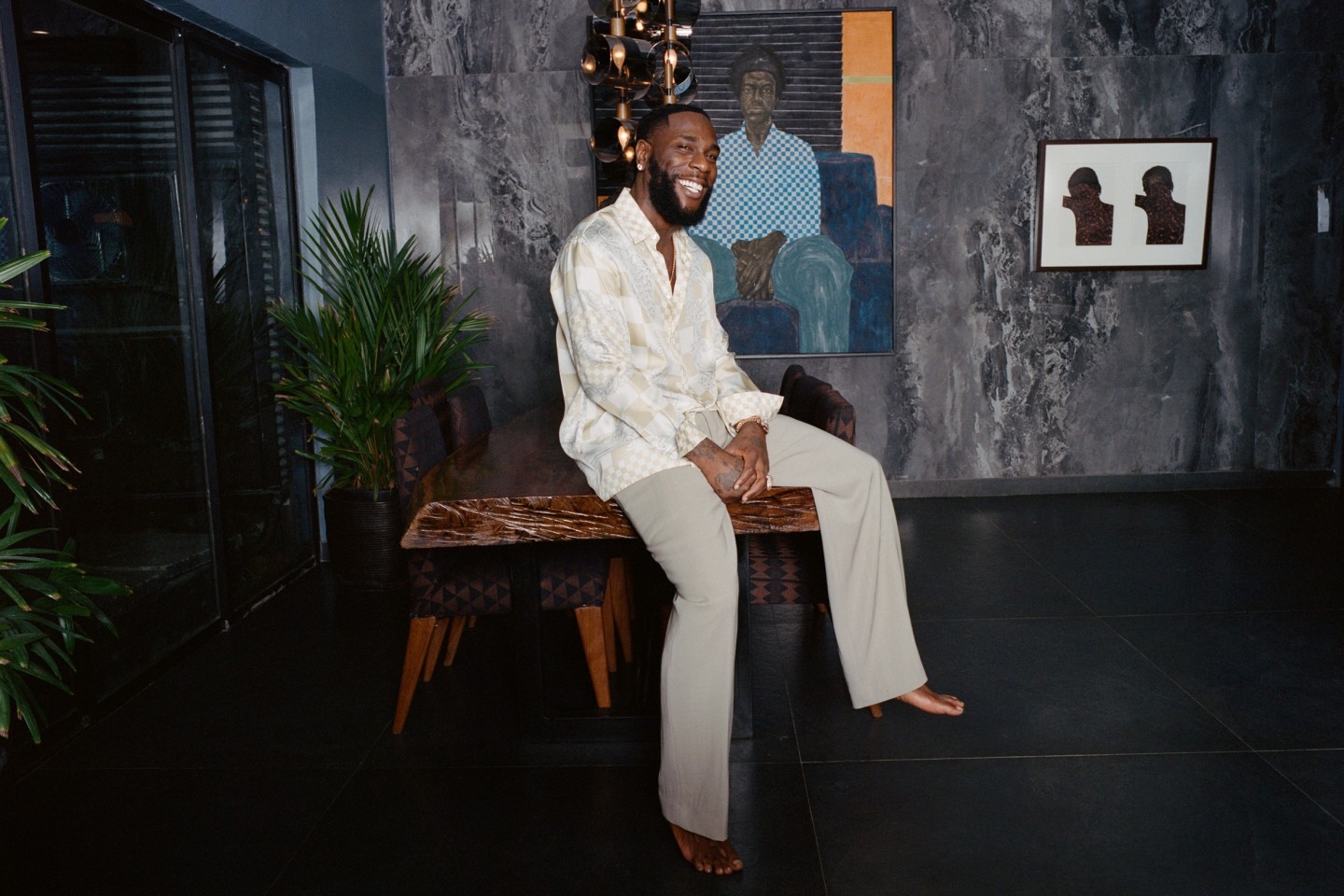
Roula Khalaf, Editor of the FT, selects her favourite stories in this weekly newsletter.
Earlier this month, the Grammys gave out their first award for a brand-new category, best African music performance – the winner was South Africa’s Tyla. It comes not long after the Billboard Awards, last November, inaugurated its categories for best Afrobeats song and best Afrobeats artist, the latter of which was taken by Nigerian superstar Burna Boy. This was no surprise. The past decade has seen the Nigerian music industry – now generating more than $2bn in revenue a year – come into its own on the global stage, dominating the airwaves and the charts in the US, the UK and elsewhere. And though it is hard to credit all of this to one person, song or moment (especially when you consider the legacy of legends such as Fela Kuti or King Sunny Adé), it’s hard to imagine it without the man born Damini Ebunoluwa Ogulu in Port Harcourt in 1991.
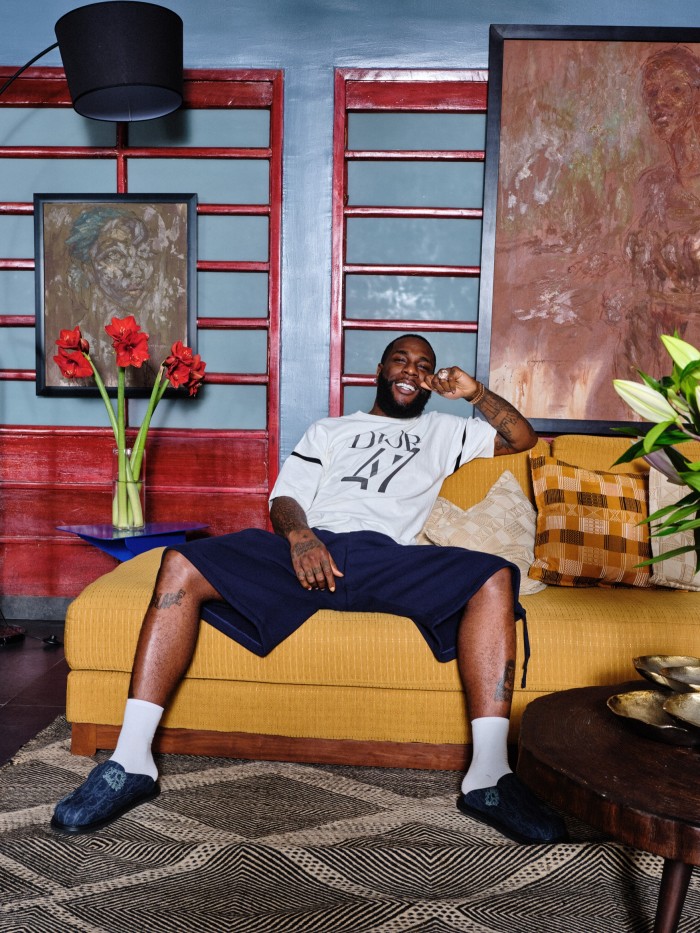
“I’ve been able to showcase the rich and diverse sounds of Africa with vibes that my generation can relate to,” says the 10-time Grammy nominee. “I am particularly proud of how my career has encouraged collaborations between African artists across generations.” While Ogulu has collaborated with pop stars including Ed Sheeran, Justin Bieber and Lily Allen across his seven albums, he has also worked with fellow African names like Angelique Kidjo and Wizkid. As he says: “This unity has not only elevated individual careers, but has also given rise to a collective African music movement that’s impossible to ignore.”
Ogulu made his musical debut in 2010 with a string of single releases, eventually releasing his debut album, L.I.F.E – Leaving an Impact For Eternity in 2013. The album was an instant hit in Nigeria, where it was nominated for album of the year at the 2014 Headies and best album of the year at the 2014 Nigeria Entertainment Awards. Until then, creating an album had been less of a given in the country and artists usually released only singles. Ogulu wanted to be more ambitious with his sound: “I wanted to demonstrate that African artists are fully capable of delivering meaningful and impactful albums that are relevant to my generation and can resonate with global audiences.
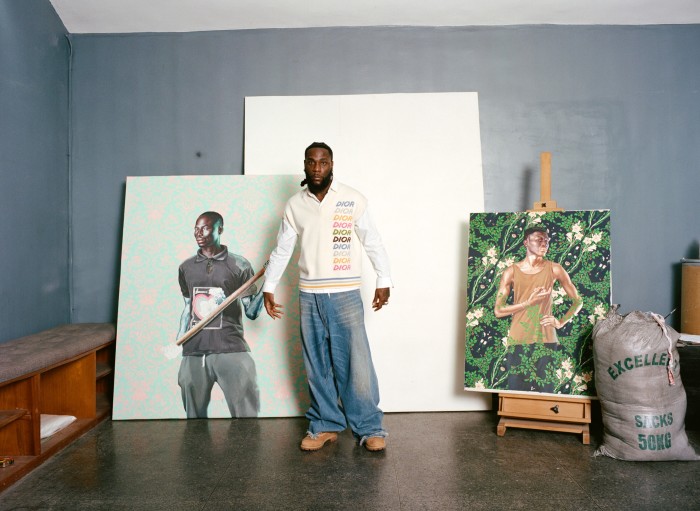
“I was just being myself,” he adds. “I was answering my call, regardless of the dictates of the market. My music has always been rooted in my desire to tell authentic, unfiltered stories about life in Port Harcourt, and everywhere else I have lived.” The Burna Boy discography moves from contemplating dating and breakups in “Last Last” and “City Boys” to describing the reality of living in Africa. “We have been through and are going through so much that it is impossible to have nothing to sing about,” he says.
African Giant established Burna Boy on the global stage. His fourth album, which would garner him a first Grammy nomination for best world music album, was a critical success, praised for its cohesiveness even as it melded genres and sounds. This fusion has always been part of Ogulu’s goals – it would be naive to reduce him to “Afrobeats”, even if that genre’s success has driven the interest in Nigerian and African music (between 2017 and 2022, there was a 550 per cent increase in Afrobeats songs streamed on Spotify). “I foresee a future where cross-pollination of styles will result in groundbreaking fusions, which defy traditional musical boundaries,” he says.
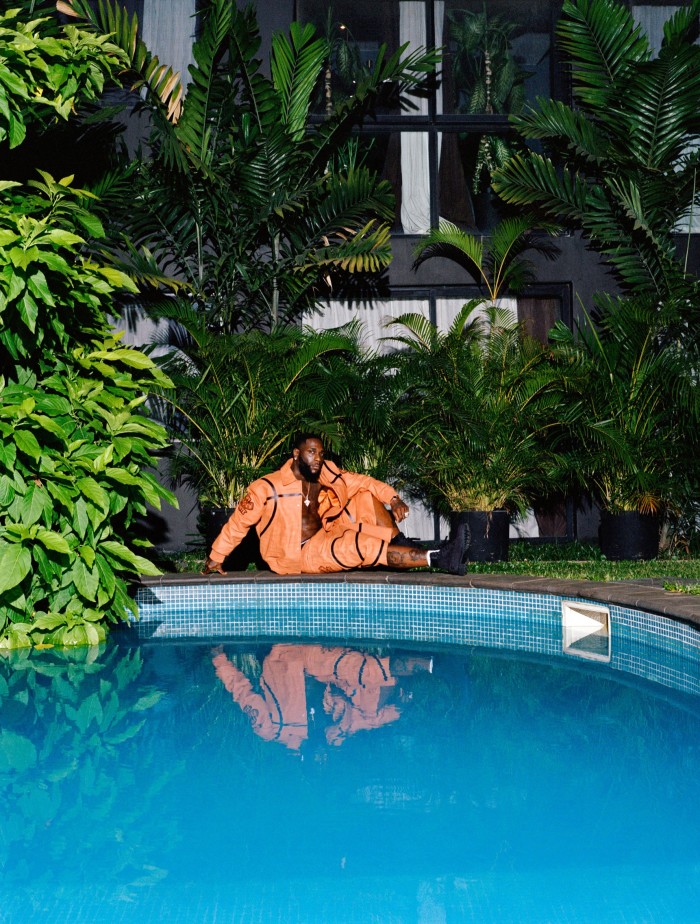
“He is often one of the first major artists in the country to embrace sounds and artists on the fringe,” says the music and culture writer Nelson CJ. “He’s able to do this because he doesn’t limit himself, and stays open to various sonic forms.’’
In the late 2010s, the phrases “Afrobeats to the world” and “Naija to the world” began to dominate social media. They both meant the same thing: a commitment to share Nigerian culture and creativity on a global stage. While other musicians such as Tems, Wizkid, Tiwa Savage and Rema are making their mark, you can also point to the design studio of Nifemi Marcus-Bello, recently acclaimed at Design Miami; fashion designers Adeju Thompson, founder of Lagos Space Programme, and Rukky Ladoja of the socially responsible label Dye Lab; artists like Dennis Osadebe. Annual events such as Lagos Fashion Week or Art X Lagos have become credible global players, while at this year’s Venice Biennale Nigeria will host a pavilion for only the second time, with a group exhibition of artists from the Nigerian diaspora including Yinka Shonibare, Tunji Adeniyi-Jones and Ndidi Dike. Another artist from the diaspora is of course Kehinde Wiley, in whose house this HTSI shoot took place – his father moved to America before he was born.
In many ways, then, Ogulu exemplifies modern Nigerian pop culture: the influences of his forebears are palpable on him, and the effect of the Afrobeats era is clear, but he has also been one of the few who have used the same strategy western acts use to disseminate their music. He promoted African Giant with excellent live performances, and worked the late-night show circuit in the United States. “He was the first to have a ‘live first’ approach,” says Lagos-based journalist Joey Akan. “While others focused on the music and the collaborations, Burna Boy focused a lot more on what he delivered when you saw him.” The album campaign also had its controversies, which is not rare with Burna Boy: he has, in the past, hardly been shy with his opinions, often inflaming passions both at home and abroad with his statements on Afrobeats or Nigeria. One of the most telling was his outburst at Coachella, which came after the artist insisted his name be written in bigger font on the festival’s poster. His reason? He is an “African Giant”. Which of course, to many, he is.
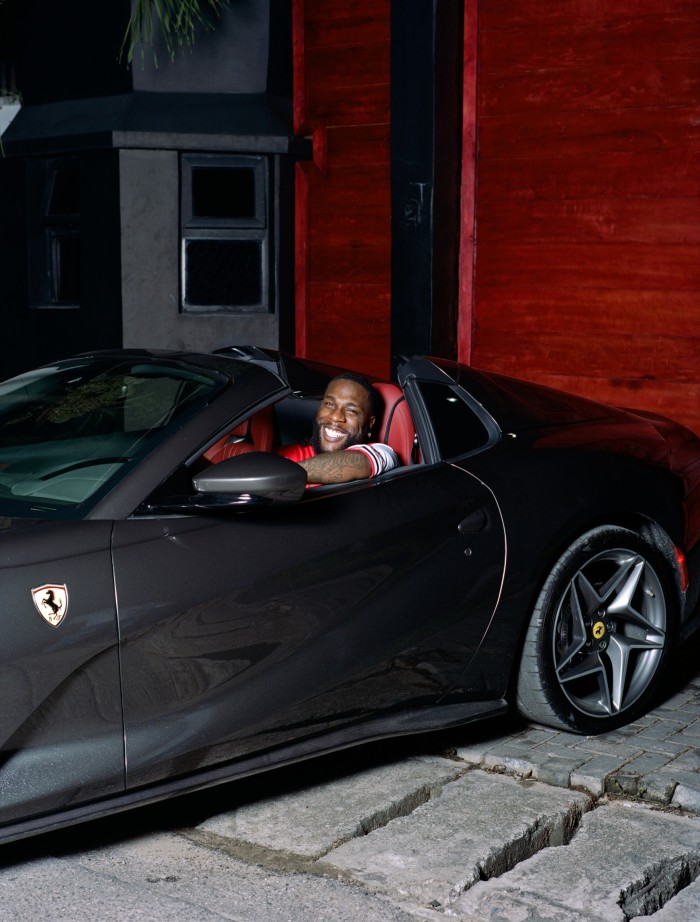
2020’s Twice As Tall featured collaborations with Stormzy, Youssou N’Dour and Coldplay’s Chris Martin, and would win him his first Grammy, again in the best global music album category – the stand-out moment of his career, he says. “This win was not just a personal milestone; it was a significant leap forward for African music as a whole, and my generation of African artists in particular… It cemented the fact that our stories, rhythms and melodies resonate with people worldwide.”
The next step is “redefining the global music landscape”, he says. “I aim to create music that not only resonates with fans but challenges their perceptions of what African music can be.” As he points out, he was also nominated in the melodic rap category at the Grammys, alongside stalwarts such as Drake, Doja Cat and SZA. “It signifies being recognised as part of a different genre than the ones we are used to. This is ground-breaking.”
Photographer’s assistant, Adedolapo Boluwatife Abimbola. Stylist’s assistants, Vera Iroka and Alpha Cisse. Production, SW Studio, Paris. Special thanks to Kehinde Wiley

Comments